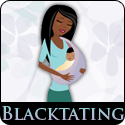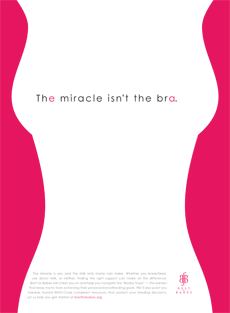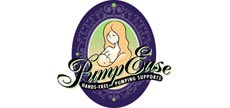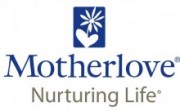By Elita of Blacktating.com for the Best for Babes Foundation ©2010
As a mom who returned to full-time work when my son was 7 months old, I can personally attest to how working can be a major “booby trap.” Domestic Chaos points out the hardships for moms who have to go back to work soon after delivery or who work at a fast-food restaurant. I know that was truly blessed to have such a long maternity leave, but I found it so hard to pump enough milk for my son and he was typically getting only one bottle of breast milk a day. I often wished I lived in a country that offered a full year of paid leave so that we could have continued to enjoy our easy nursing relationship. One CEO mom has made breastfeeding work by bringing her baby to work. Because she’s the boss, Sabrina Parsons is able to bring her infant to work with her and nurse during meetings and conference calls. Wouldn’t it be great if more women had this option? BabiesatWork.org reports that 142 companies now allow employees to bring their babies to work, and there are lots of benefits for companies that join.
Did your baby receive sugar water after birth in the hospital? You may not realize it, but if your baby was taken to the nursery for blood work or to get a vaccine, he probably got some glucose water as a pain reliever. A new study says this practice should stop because the glucose water actually doesn’t work and may cause brain damage in some babies. What we already know DOES work as a pain reliever? Breastfeeding!
There has been so much anti-nursing in public sentiment being expressed online lately, that I was so pleased to see this rant by IBCLC Norma Ritter. Norma pokes fun at all of the thin arguments used to state why women shouldn’t breastfeed their babies in public in a beautifully tongue-in-cheek post.
Did you lose weight while breastfeeding? I sure didn’t and I was counting on it big time. Yet, new research is finding again that yes, breastfeeding does help new moms lose the baby weight and also helps them stay slimmer and trimmer for the rest of their lives!
This week we were also alerted to the new Breastfeeding Guide added to popular parenting site Babble. Although Babble has accepted advertising from Similac for quite some time, they have now partnered with the formula company to create content specifically aimed at breastfeeding moms—many readers found the content itself to be discouraging to breastfeeding moms. Of course we expect Similac to try and dupe moms into calling their “Feeding Experts” for breastfeeding advice, but are extremely disappointed that Babble is giving them the space and access to their readers. This sort of back-handed breastfeeding support doesn’t help anyone, not moms who really need help with nursing, or formula feeding moms who may have real questions on how to make formula as safe as possible. And it doesn’t end there. WebMD has a breastfeeding guide sponsored by Nestle/Gerber, and some physicians refer patients to formula companies on their websites. Our Facebook readers were horrified about Livestrong.com’s horrible feeding information, sponsored by Gerber—and since it is cancer-survivor Lance Armstrong’s site, we expect better. To understand why formula companies want so badly to “help” breastfeeding moms, see Doulala.com’s hilarious explanation.
Read the response of CEO of Babble.com, Rufus Griscom (see comments #87 and #115) to Phdinparenting.com’s blog post. Are you satisfied with his answer? Without admitting to any wrong-doing, the Similac ads have been removed from the guide on Babble.com, and replaced with breastpump ads (Medela), but the negative guide itself has not changed. Is that good enough? Or is it still a “Booby Trap” for the millions of Babble.com readers, most of whom probably want or wanted to breastfeed? What actions would you like to see the breastfeeding community take with regards to Babble.com, WebMD.com to protect ALL moms—breastfeeding, formula-feeding, or both—from misinformation and booby traps?



 @BestforBabes
@BestforBabes Best For Babes
Best For Babes






